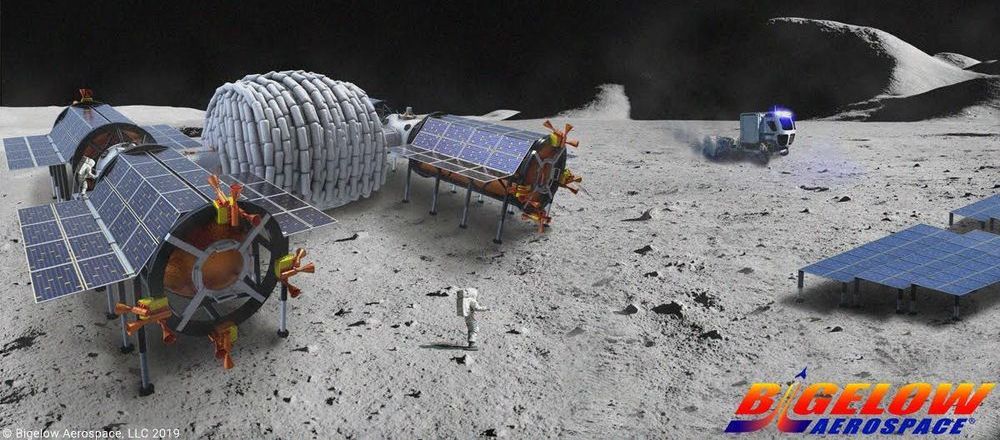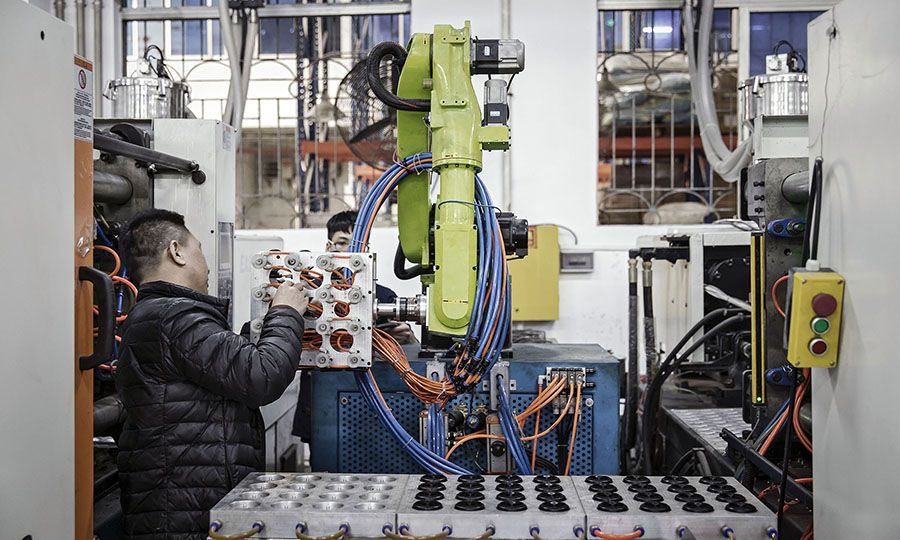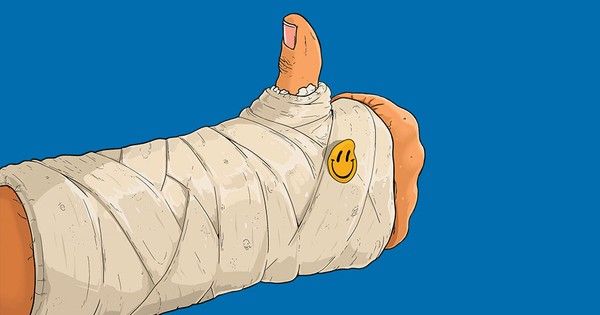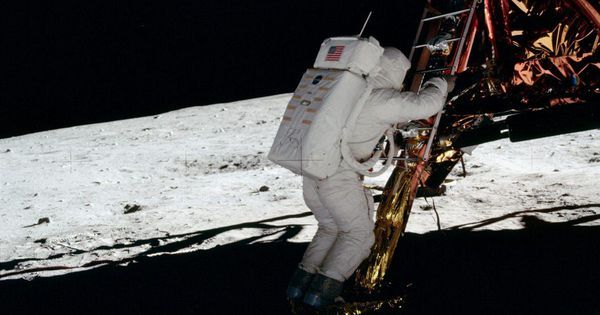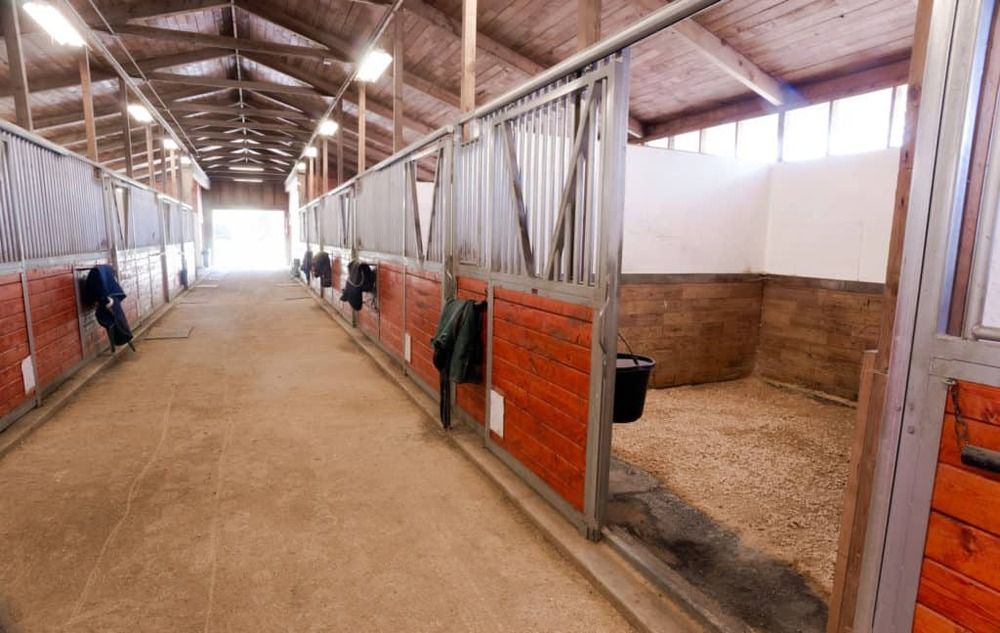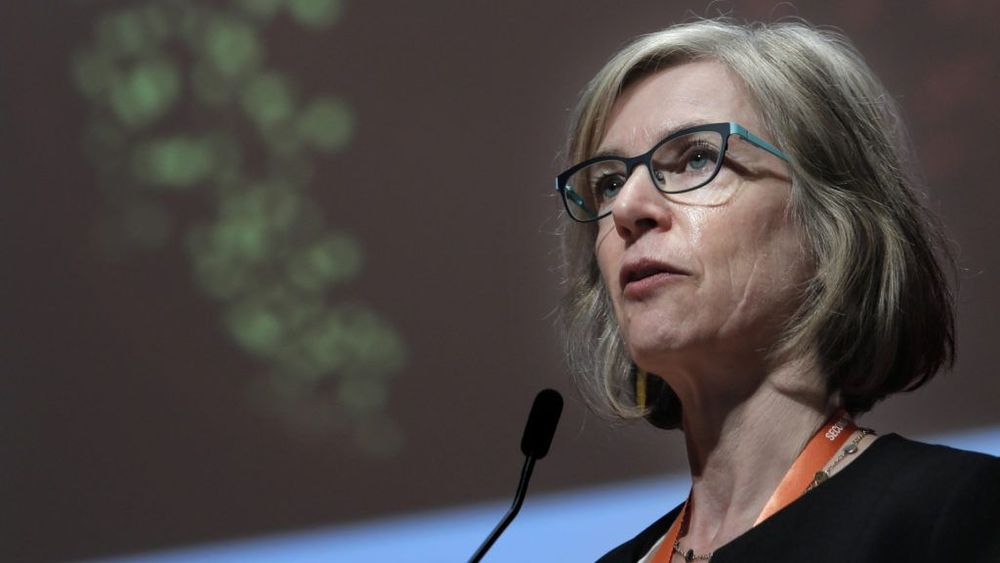Placing regolith over their heads has long been considered necessary but previous methods have not been practical. On the lunar surface, the simpler the construction the better.
Beijing is still behind in terms of its space-based military capabilities, but the gap is closing fast, experts say.
What happened before the Big Bang? And what happened before that? Stephen Hawking’s answer—there was no beginning—is now the subject of intense debate.
A recent challenge to Stephen Hawking’s biggest idea — about how the universe might have come from nothing — has cosmologists choosing sides.
By comparison, the next biggest market, Japan, will be responsible for 11% of all shipments over that same period and the U.S. for 7%. Developing-world markets Mexico, India, Thailand, Vietnam and Brazil will collectively buy just 5% of industrial robots.
China is setting the pace in automation to create the factory of the future.
Since aging is a key driver of many diseases, targeting that process could be a handy catch-all for treating a range of diseases and improving quality of life for pretty much everybody. Researchers at EPFL have now reported a new step towards that goal, with human clinical trials of a fruit-derived compound showing promise in slowing mitochondrial aging in elderly patients, with no side effects found.
The Automobile Club de l’Ouest has announced a new top class for the Le Mans endurance race – a “hypercar” class that will begin in 2020–21, designed to entice some of the world’s most extreme streetcars to throw down and prove themselves. And one we’ll definitely see on track is the awesome Aston Martin Valkyrie.
People like Jo Cameron, who can’t feel any pain, could help us find the on-off switch for suffering.
On the cusp of the 50th anniversary of the Apollo 11 lunar landing, the technological history surrounding this one giant leap is full of surprises.
Scientists found 200 E. coli strains, about half of which were resistant to at least one microbial agent, in manure, air, and horse nostrils at Polish riding centers. Here’s what that means for you.
GSK forms CRISPR alliance with UC Berkeley and UCSF to create functional genomics insitute. The main one, technologywise, is this about using CRISPR as a gene function screen. One can do a gazillion experiments at once, fleshing out connections, sketching the biology, finding drug targets. http://bit.do/eU942
S AN FRANCISCO — The drug maker GlaxoSmithKline announced Thursday that it would team up with some of the nation’s most prominent CRISPR researchers to use the gene-editing technology in a search for new medicines, establishing a new lab in San Francisco and spending up to $67 million over five years.
Jennifer Doudna, the University of California, Berkeley, researcher who co-invented the CRISPR enzyme technology, will help lead the effort, along with Jonathan Weissman, a UC San Francisco researcher who has been using CRISPR to understand the function of individual human genes and how they work together. Both are Howard Hughes Medical Institute investigators.
The lab will be called the Laboratory for Genomic Research and will be based near UCSF’s Mission Bay campus. The money will fund 24 full-time University of California employees, in addition to as many as 14 full-time GSK employees. GSK’s machine learning and artificial intelligence groups will create computer systems that can handle the large amounts of data the project is expected to create. It will focus on immunology, oncology, and neurology.
